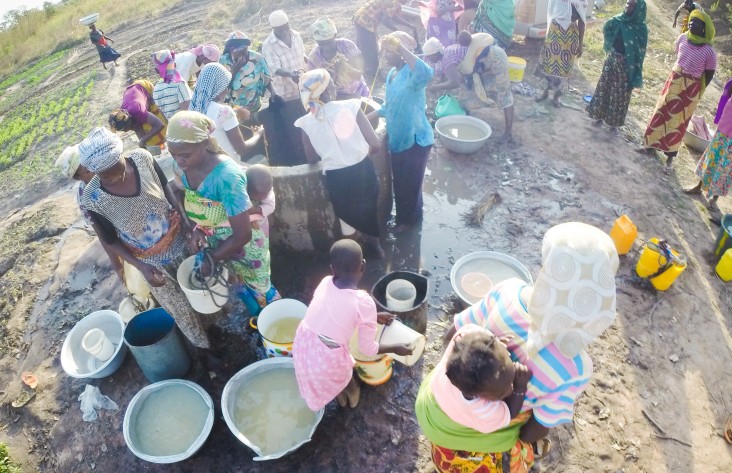Speeches Shim

With improved water sources available to 80 percent of the population, Ghana has made progress in safe water access at a national level. In 2014, 14,700 people gained access to improved water supply and 9,270 people gained access to improved sanitation facilities. Additionally, 25 communities, including a number of schools, were declared “open-defecation-free,” an accreditation that demonstrates improved knowledge, attitude, and practices of the communities and individuals related to hygiene and hand-washing.
However, maintenance and management remains a challenge, and access to improved sanitation (15 percent for urban residents, 6 percent for rural residents) is lower than in other African countries. Rapid urbanization is further stressing urban access to sanitation and clean water.
USAID intervenes to increase access to clean drinking water and to sanitation facilities. Programs like the Water Access, Sanitation and Hygiene (WASH) for Health Activity also encourage individuals and communities to adopt positive water, sanitation, and hygiene practices while strengthening the community’s ability to plan, manage, and sustain activities. USAID will continue to partner with Rotary International and Coca-Cola to extend the reach of WASH programs.


Comment
Make a general inquiry or suggest an improvement.